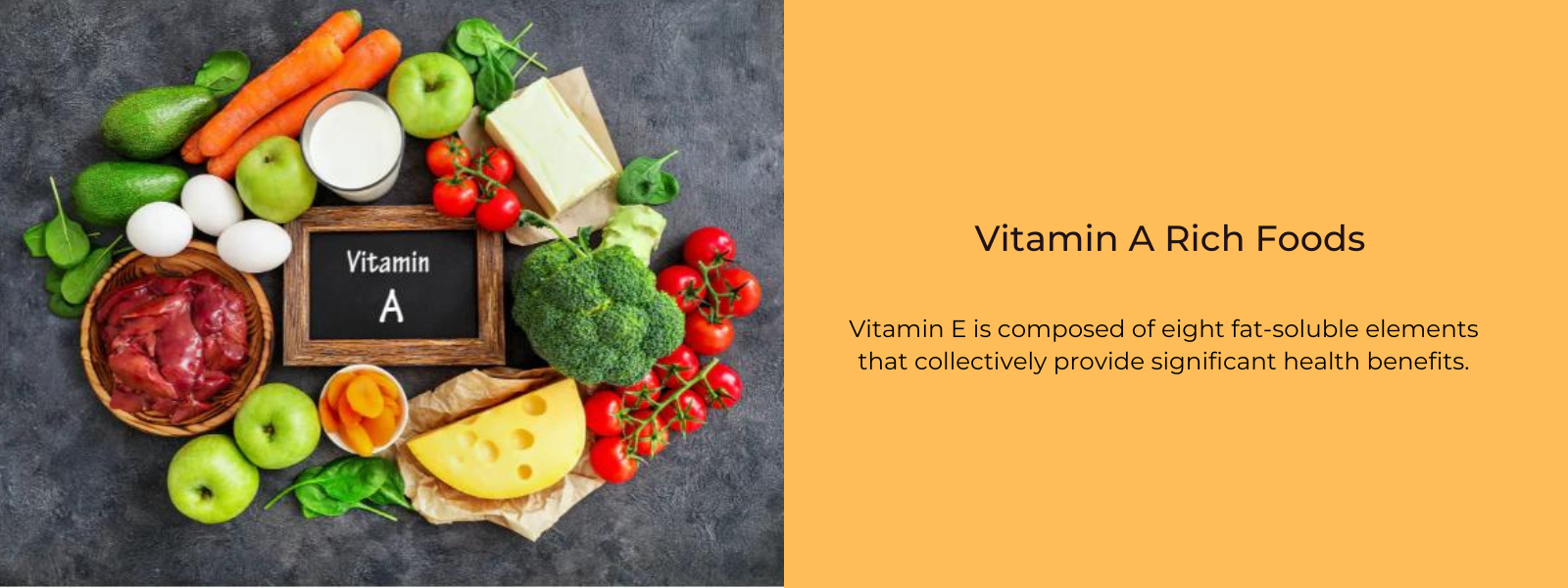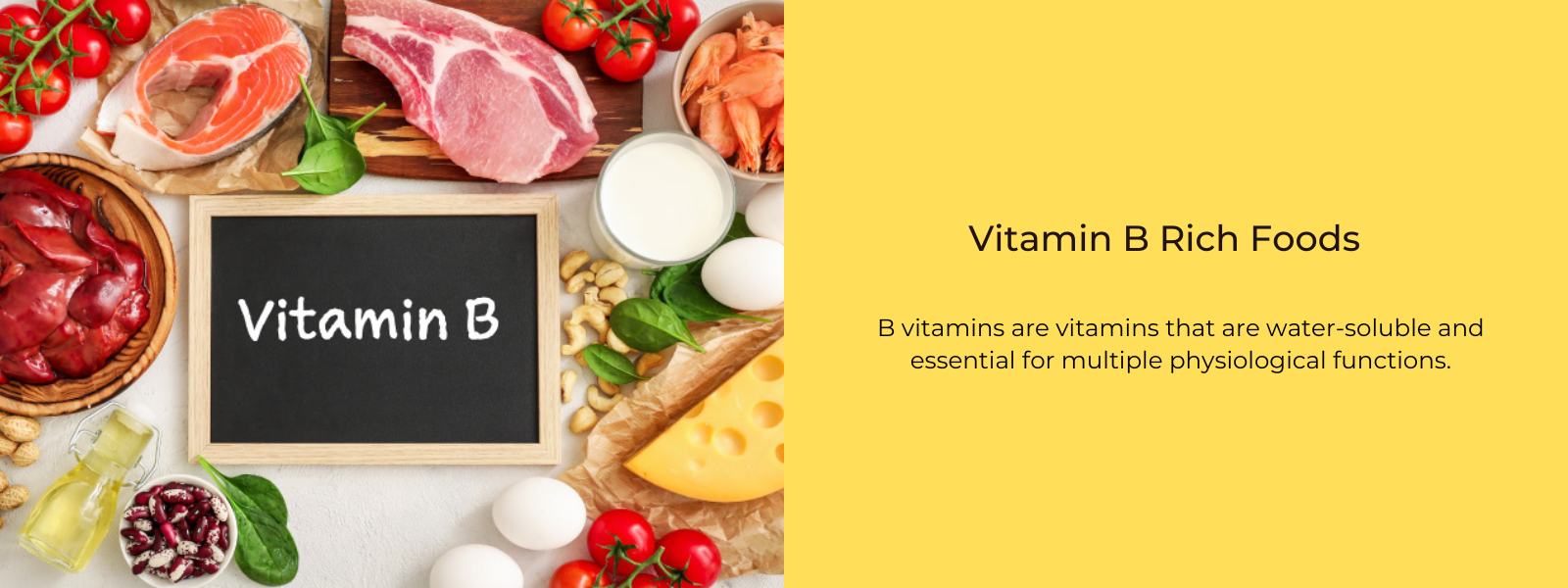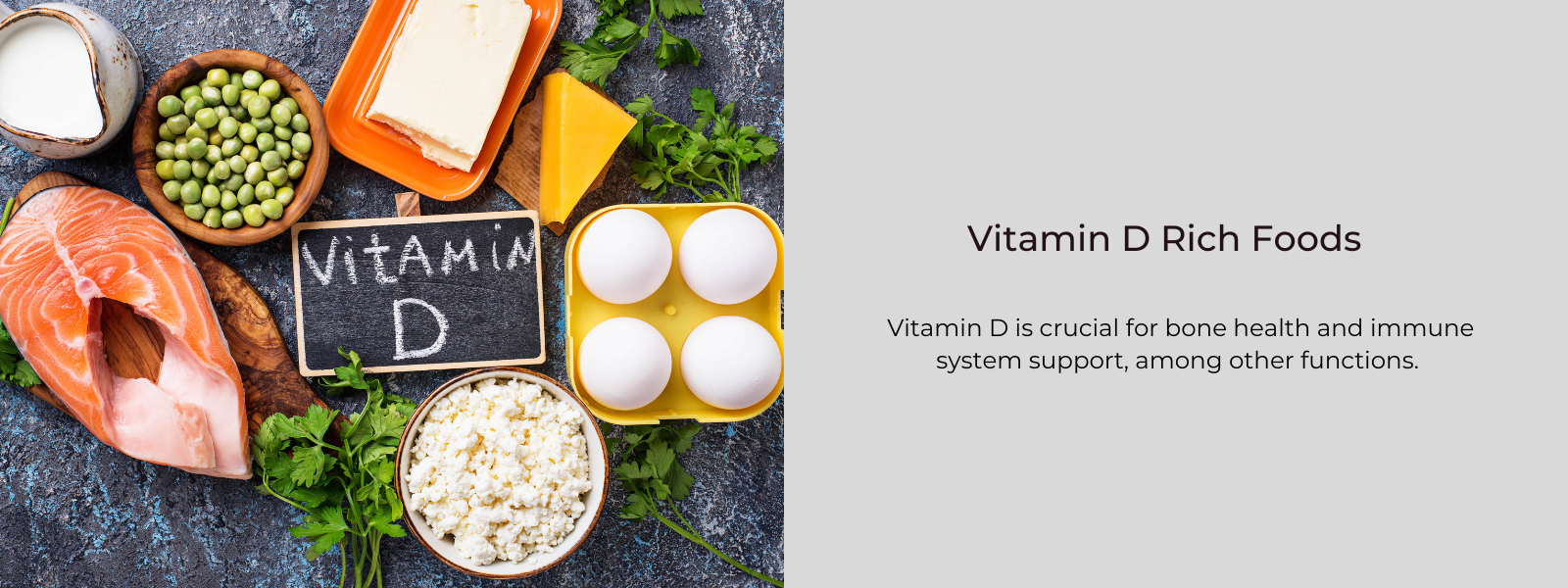If you care about feeling full after a meal, facilitating your muscle development, promoting strong bones, and boosting your body's immune health, then you must include protein in your diet. Certainly, carbohydrates and healthful fats support all aspects of our health and wellness. However, since protein performs so many essential functions in the human body, eating protein rich food should be given highest priority.
Table of Contents
What is protein?
Dietary proteins are composed of amino acids, the structural components of proteins. These essential amino acids are utilised by the body for a variety of functions, including hormone formation and protein synthesis. Therefore, when the body digests the complete protein from a juicy hamburger or a hearty lentil broth, the amino acids that comprise that protein get broken down and utilised by cells for a variety of functions.
Each of the 20 amino acids which comprise proteins is classified as essential, non-essential, or conditional:
Non-essential amino acids are those that the human organism can produce. They are not required to be encompassed in the diet.
Vital amino acids are those that the human organism cannot produce. Consequently, they must be obtained through the diet.
During periods of illness and stress, conditional proteins (amino acids) are regarded as essential. Therefore, their designation as essential is conditional.
Why do you need protein?
Protein is necessary for three essential functions. It aids in the development and repair of muscles and other delicate tissues. It is also a component of hormones and enzymes, which help regulate bodily processes. Thirdly, protein is an energy source utilised by the body.
Health benefits of protein and protein rich foods:
Muscle maturation
A protein-rich diet facilitates muscle growth, which is an essential aspect of bodybuilding. It aids in the development of tendons, ligaments, and other tissues that contribute to the maintenance of an ideal muscle mass. It also assists in repairing damaged muscles so that they can regrow stronger. Beef is a particularly abundant source of protein, zinc, iron, and folic acid. It is highly beneficial for muscle growth.Chicken breast is consumed by the vast majority of bodybuilders and provides more protein than any other option.
Prevent cardiovascular diseases
Numerous studies demonstrate that proteins assist in avoiding high blood pressure, thereby enhancing heart health. Switching from a high-carbohydrate diet to a high-protein diet also reduces cholesterol levels. It controls adiposity and thereby prevents cardiovascular diseases. Almonds and walnuts contribute to the prevention of cardiovascular diseases.
Control sugar levels
Insulin is a hormone that aids in the regulation of blood sugar levels. Proteins require a negligible quantity of insulin, while carbohydrates demand a greater amount. Thus, a protein-rich diet utilises much less insulin and aids in sugar control. Thus, a protein-rich diet is beneficial for diabetics.
Maintain a healthy weight
A protein-rich diet aids in weight maintenance because it inhibits overeating. A small quantity of protein in the food you eat makes you feel full and fulfils your daily nutritional needs. It is regarded as an effective weight loss method.
Facilitate bone metabolism
It increases the body's assimilation of calcium and magnesium, thereby enhancing bone density. It also aids in the regeneration of bone fractures and osteoporosis, which is a very dangerous bone disease.
Enhances the integrity of the brain's neurons
Proteins, according to studies, promote optimal brain functions and, by extension, learning and memory. In fact, proteins aid in the formation of neurons that perform their functions efficiently. Beans are an excellent source of protein for vegetarians. They are also rich in fibre, which is beneficial to neurological health.
Delay the ageing process
In addition to aiding in the detoxification process, amino acids aid in the production of glutathione, which reduces carcinogens in the body. Therefore, it slows down the ageing process by enhancing the body's overall health. Soy, also known as a vegetarian protein, is beneficial for delaying the ageing process. Soybean is high in protein and beneficial for the heart. Daily consumption of only 20 grams of soy can contribute to excellent health.
Improved immune system
Proteins strengthen the immune system because antibodies, which combat numerous diseases, are composed of proteins. Our antibodies combat antigens, which are foreign substances that cause infections and maladies within our bodies. Thus, antibodies aid in disease prevention by bolstering the immune system and conferring immunity to various diseases. Milk and its derivatives, like cheese and yoghurt, are superb protein sources. In addition, they contain all of the vitamins and minerals required by the human organism. Yoghurt is loaded with probiotic microorganisms that are beneficial to the digestive system and therefore boost the immune system.
Facilitate hormone homeostasis
Numerous hormones are composed of amino acids, which perform a variety of vital functions in the human body. Enzymes are catalysts for proteins that contribute to hormonal balance. In addition, they facilitate numerous chemical reactions that take place within the body. The efficacy of hormones is dependent on proteins either directly or indirectly.
Top protein rich food:
There are numerous substances that contain protein. However, some sources of protein are superior to others. Consuming processed meats such as hot dogs and deli meats increases the risk of type 2 diabetes, cardiovascular disease, along with colorectal cancer. Additionally, red meat consumption has been found linked to several diseases, including cardiovascular disease, diabetes, and cancer. Substituting legumes, soy foods, fish, nuts, or poultry for red meat could lower the risk of these diseases.
- Fish
Fish is among the healthiest protein sources available. This is because it contains many other essential nutrients, including:
Omega-3 fatty acids
Calcium
Vitamin D
Iron
Zinc
Potassium
Magnesium
Protein is also abundant in fish. Atlantic salmon contains 22 grams of protein per ounce, while cod contains 19 grams per ounce.
- Chickens
Poultry is any type of bird raised predominantly for meat and eggs.
Chicken constitutes one of the most prevalent sources of protein from poultry. A chicken breast portion of 3 ounces includes an impressive 26 grams of protein. Three ounces of turkey contains 25 grams of protein.
- Beans
A single serving of beans contains the same quantity of protein as one ounce of meat, which is approximately 7 grams. In addition to being abundant in fibre, compared to animal-based sources of protein, beans keep you full longer.
- Nuts
A single ounce of nuts includes between 3 and 7 grams of protein and between 1 and 3 grams of fibre. Almonds and pistachios are two of the seeds with the highest protein content per 100 grams, with 21.15 and 20.16 grams, respectively.
- Milk and Dairy Products
Cottage cheese is an exemption to the rule that many cheeses are not the cleanest sources of protein because of their elevated saturated fat content. A single serving of low in fat cottage cheese includes 26 grams of protein and 180 milligrammes of calcium.
Greek yoghurt is another dairy product that is abundant in protein. It includes up to three times as much protein as conventional yoghurt.
- Eggs
Eggs are a great source of protein because they are:
Low-carb Low-calorie
Low-cost
Egg whites contain the majority of the egg's protein, as well as vitamin D, B vitamins, omega-3 fatty acids, and choline.
Eggs comprise all nine vital amino acids, making them a complete protein.
- Lentils
Many prevalent sources of protein are eliminated from the diets of vegan and vegetarian individuals. 100 grams of fresh lentils comprise nearly 25 grams of protein, making them an excellent plant-based substitute.
Additionally, this variety of legume is a rich source of fibre.
How much protein do you need?
Although protein is an essential nutrient, that does not mean you should consume excessive amounts of it every day. The quantity of protein you require depends on variables, such as your weight, age, sex, and overall health.
In general, most healthy individuals need 0.8 grams of protein per kilogramme of body weight. This equates to 55 g per every day for an average-weight sedentary male and 45 g every day for an average-weight sedentary woman. If you are pregnant or lactating, exceedingly physically active, or recovering from certain injuries or surgeries, you may need to increase your protein intake.











Leave a comment